MY JOURNEY
 Zainal Izlan Zainal Abidin
Zainal Izlan Zainal Abidin

 Zainal Izlan Zainal Abidin
Zainal Izlan Zainal Abidin
This collection of best images from our archive attempts to chronicle your extraordinary journey with the Securities Commission Malaysia (SC), your “adopted home” from 2011 to 2023, and the many pleasant memories that you have made.
The 12 years at No 3 Persiaran Bukit Kiara must be a challenging but exciting tour of duty for you which this book tried to capture and do justice. But no words would adequately describe your tremendous work and contribution in making this respected institution into what it is today.
This book is about honouring your achievements, which undoubtedly have inspired us a lot and would be continued in the future with us. You certainly made a lasting mark, not just about your leadership of the Islamic capital market but also in the areas of sustainability and the ASEAN regional grouping.

While your presence will be missed, be assured that you will not be forgotten. Thank you for being such an important part of the SC team these past 12 years. We couldn’t have accomplished what we did without you.
Warm Regards, Editor
“You are not here merely to make a living. You are here in order to enrich the world, enable the world to live more amply, with greater vision, with a finer spirit of hope and achievement.”
~ Woodrow Wilson

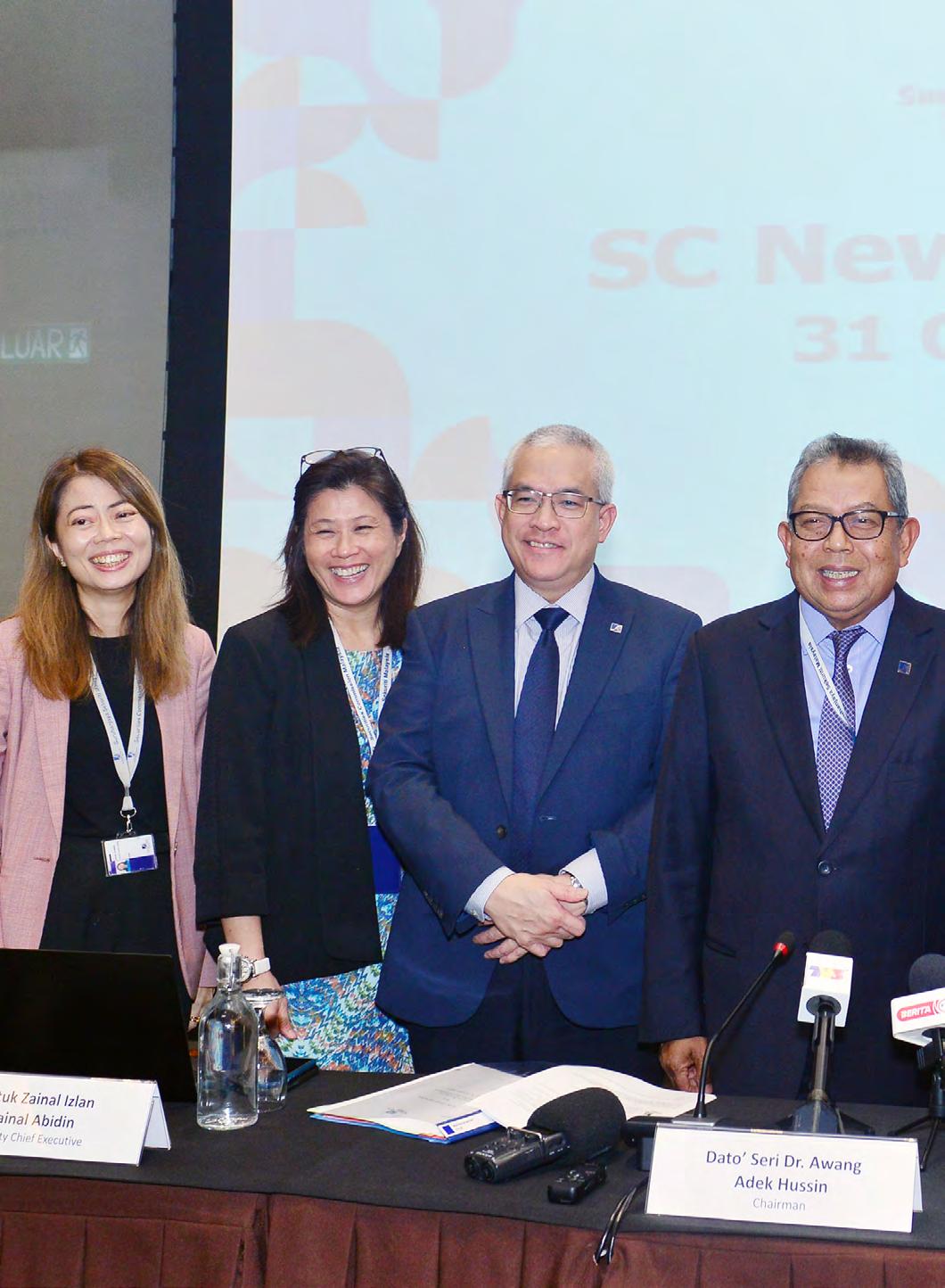












 Eugene Wong Farewell Dinner
Eugene Wong Farewell Dinner







June 2022














March 2019






















Self portrait during SC 25th Anniversary
April 2018

April 2018
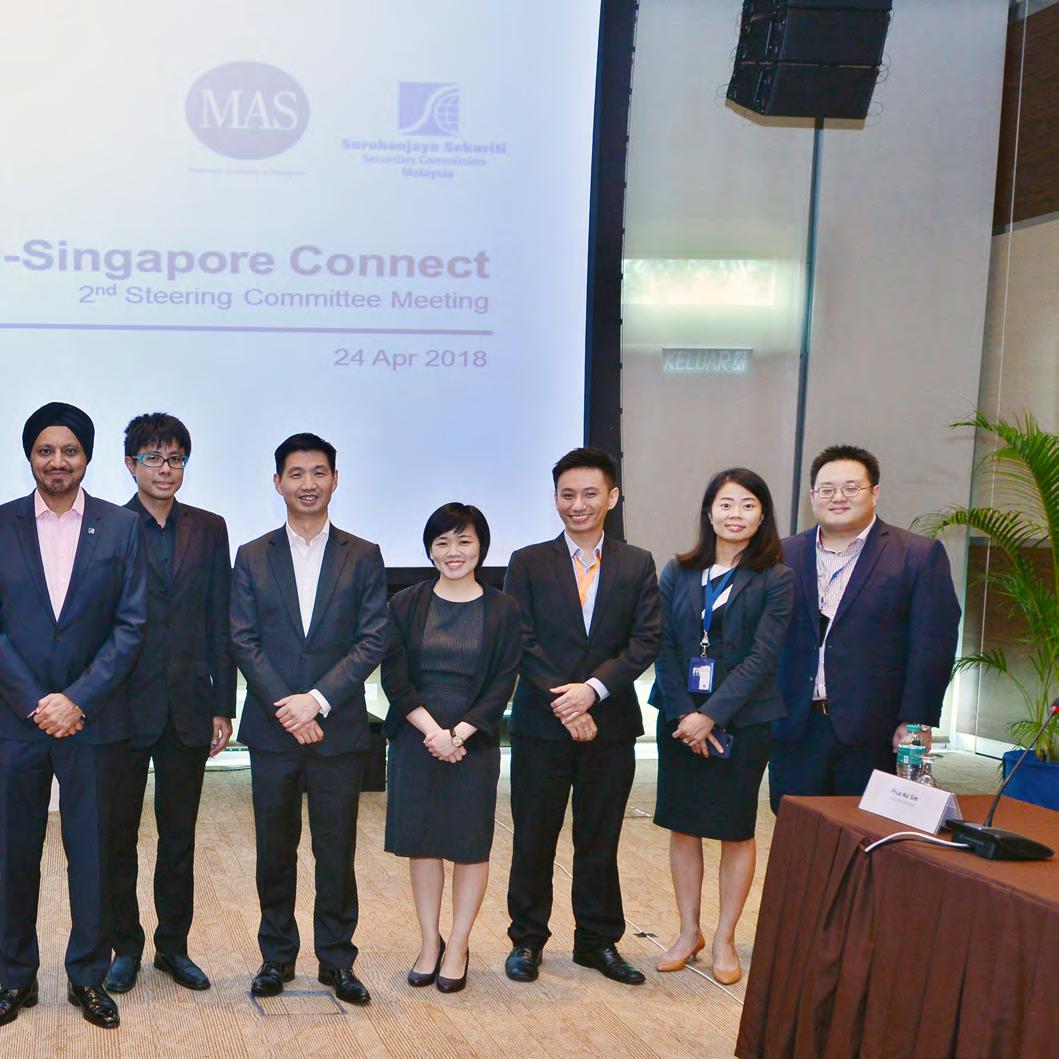
Launch of Teratai Cafe during SC 25th Anniversary Celebration

March 2018


February 2018




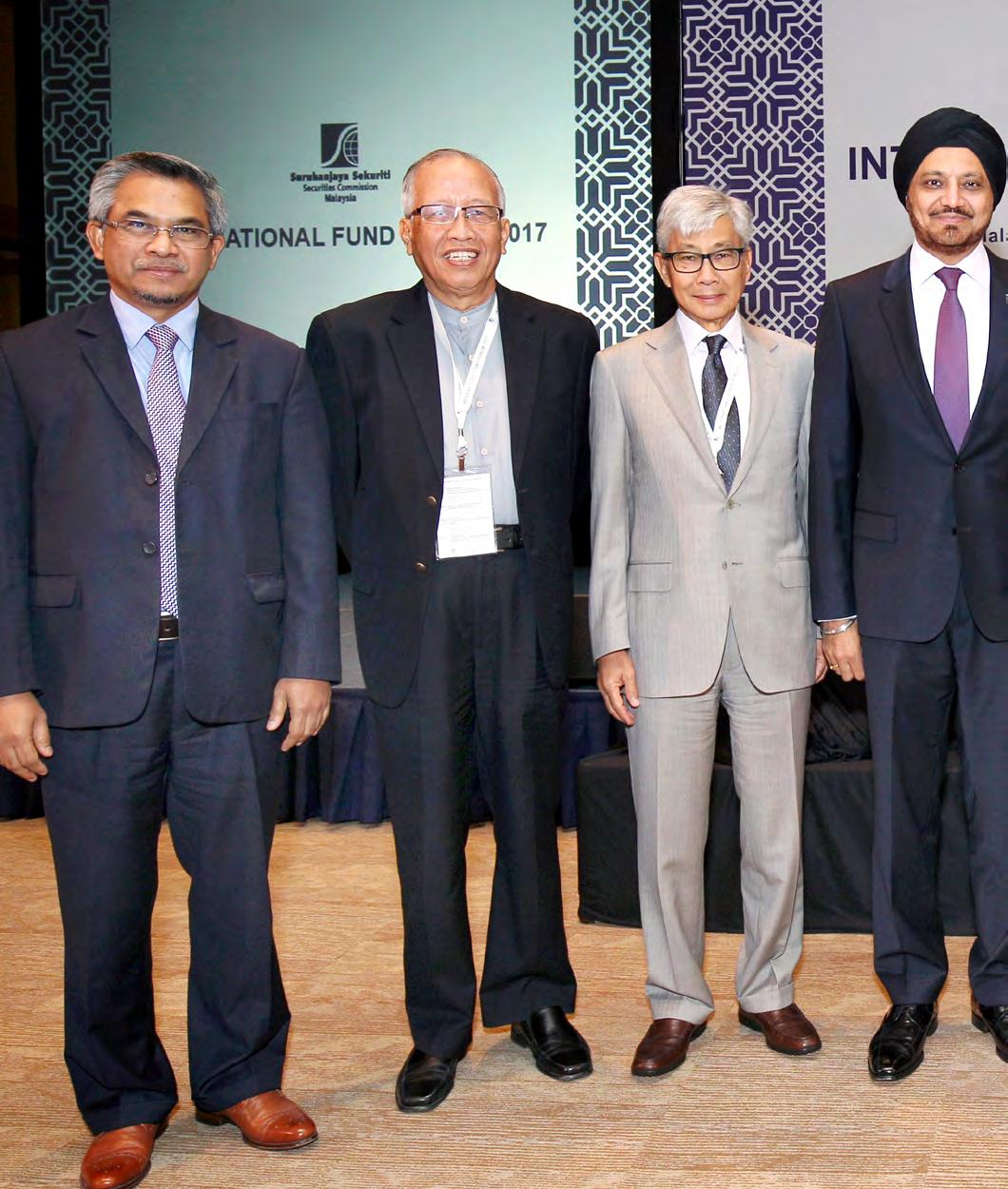
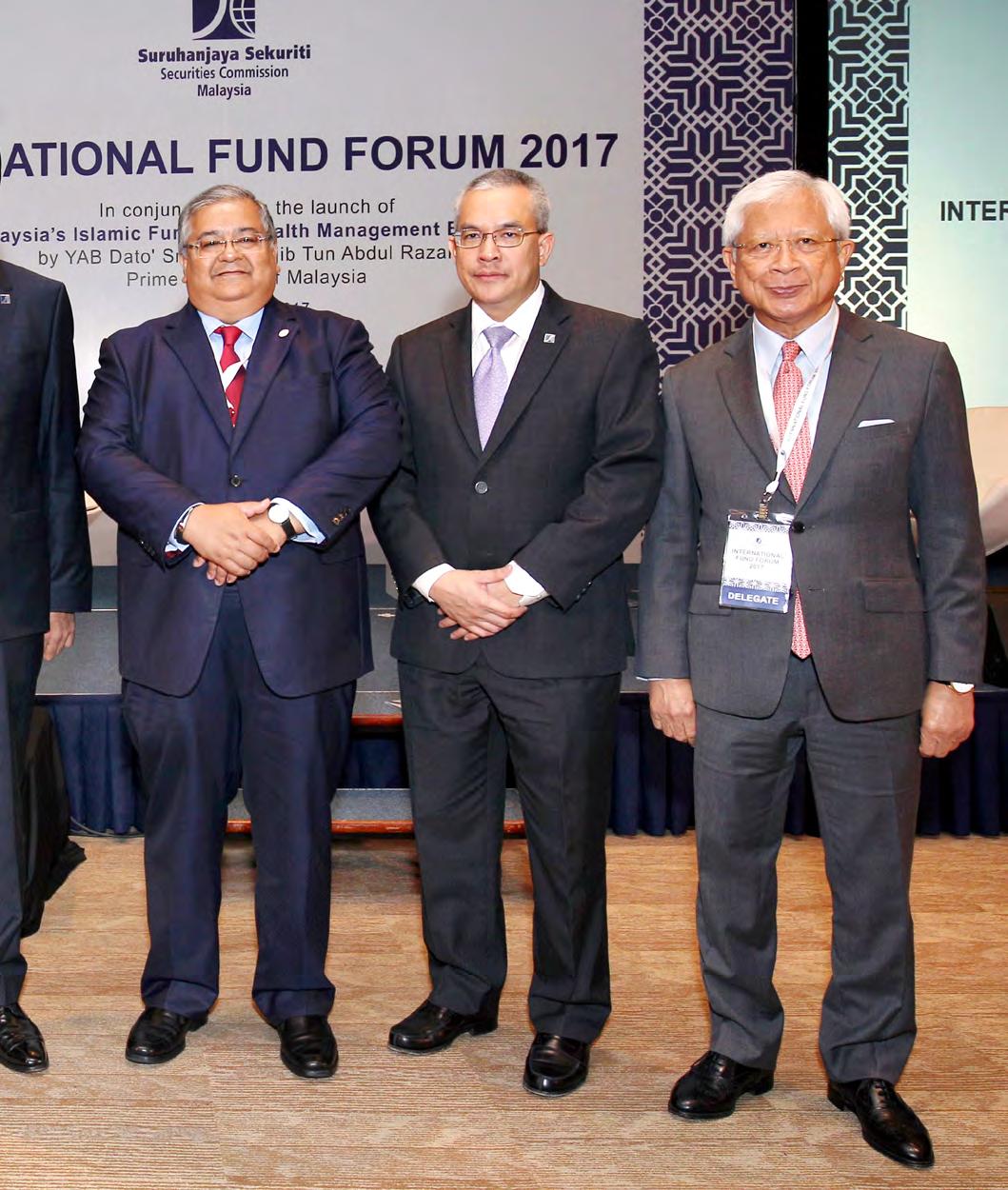

 MSAM 2016 - Royal Visit by DYMM Sultan Nazrin Shah
MSAM 2016 - Royal Visit by DYMM Sultan Nazrin Shah










November 2011







PETALING JAYA: Malaysian public-listed companies (PLCs) are faring well in environmental, social and governance (ESG) factors among their Asean peers based on leading ESG indicators, according to research by PwC Malaysia and Capital Markets Malaysia.
The research entitled “Positioning Corporate Malaysia for a Sustainable Future” highlights corporate Malaysia’s progress in sustainability and overall transition trajectory and the country’s efforts in promoting sustainable investing.

Securities Commission Malaysia (SC) deputy CEO and Capital Markets Malaysia chairman Datuk Zainal Izlan Zainal Abidin said the rise in demand for sustainable investments and sustainable assets has placed the capital market in a unique position to drive meaningful change in sustainability practices among corporates.
“The SC’s Capital Market Masterplan 3, covering the period 2021 to 2025, has laid out initiatives to shape a stakeholder economy by mobilising more capital towards sustainable businesses.
“Recognising that businesses will require significant financing to decarbonise and transition towards net-zero, the SC is working on a framework for market-based instruments to enable transition finance in Malaysia,“ he said in a statement.

PwC Malaysia Southeast Asia sustainability and climate change leader Andrew Chan said the transition to a low carbon economy needs to be just and inclusive.
“With a just transition approach, plans and efforts made towards low carbon should be accompanied by social and economic considerations, so that the impact of low carbon transformation can be distributed equitably to people, communities as well as micro, small and medium enterprises (MSME) through supply chains.
“This is an opportunity for the investor community to get involved by building capacity for sustainable investment strategies and weighing in on policies that will shape a more sustainable environment for corporations and the wider society,“ he said.
The SC has also developed a Sustainable and Responsible Investment Taxonomy which will enable capital market participants to identify economic activities that are aligned with ESG objectives, hence facilitating more informed and efficient decision-making for fundraising and investment.
Malaysian corporates are heeding the call for sustainability as issues faced by certain sectors come into sharp relief. PwC’s December 2021 research finds that 94% of the top 50 Malaysian PLCs have ESG strategies in place.
Although Bursa Malaysia is heavily-weighted towards sectors with greater exposure to sustainability challenges such as oil and gas, power and utilities, construction and property, plantations and manufacturing, it has been observed that players in these industries have been responding with proactive steps to improve their ESG standing.
The report highlights some of these best practices taken by Malaysian PLCs and organisations through 10 case studies. It lays out the challenges in measuring and comparing ESG efforts across different organisations.
A comparison of top-ranked companies across four ESG rating providers finds that across 41 companies, almost half of them (19) appears just once, and only one company appears consistently across all four ratings.
The publication provides an in-depth view of the regulations set and efforts made by the government and regulatory bodies in Malaysia in supporting climate-friendly and sustainable practices in the private sector and traction made by Malaysian corporates as a result.
A total of 28 Malaysian companies are represented as constituents in the MSCI All Country World Index (ACWI) ESG Leaders Index, which consists of large and mid-cap companies across developed and emerging markets of different countries.
Malaysian companies are also comparatively advanced in embracing global standards, with nine companies currently committed to emissions reduction targets grounded in climate science through the Science-Based Targets initiative (SBTi).
Malaysia accounts for the second-highest number among Asean peers for both the MSCI ACWI ESG Leaders Index and the SBTi indicators.


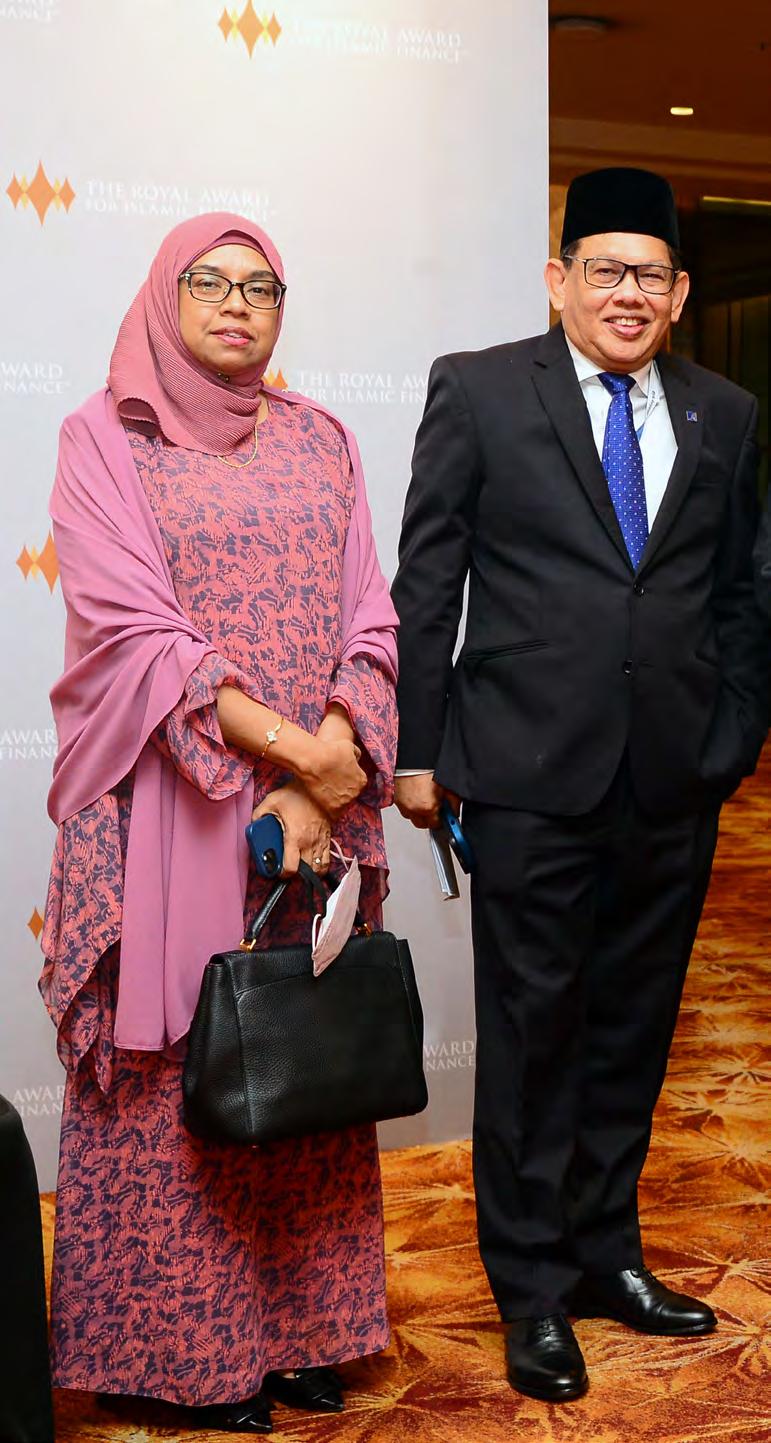
October 2022


October 2018




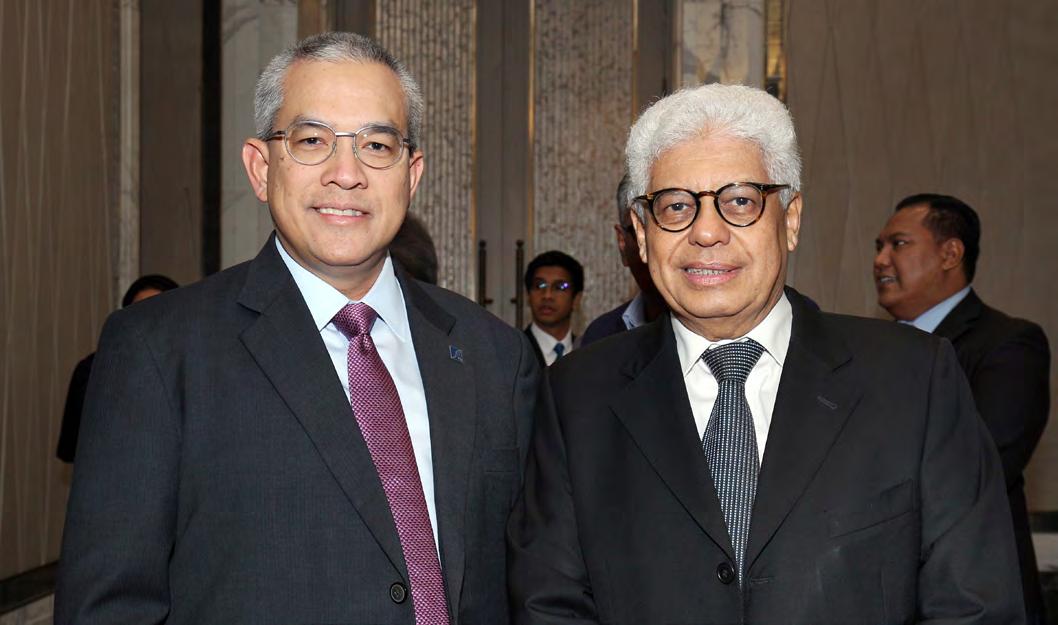

November 2016


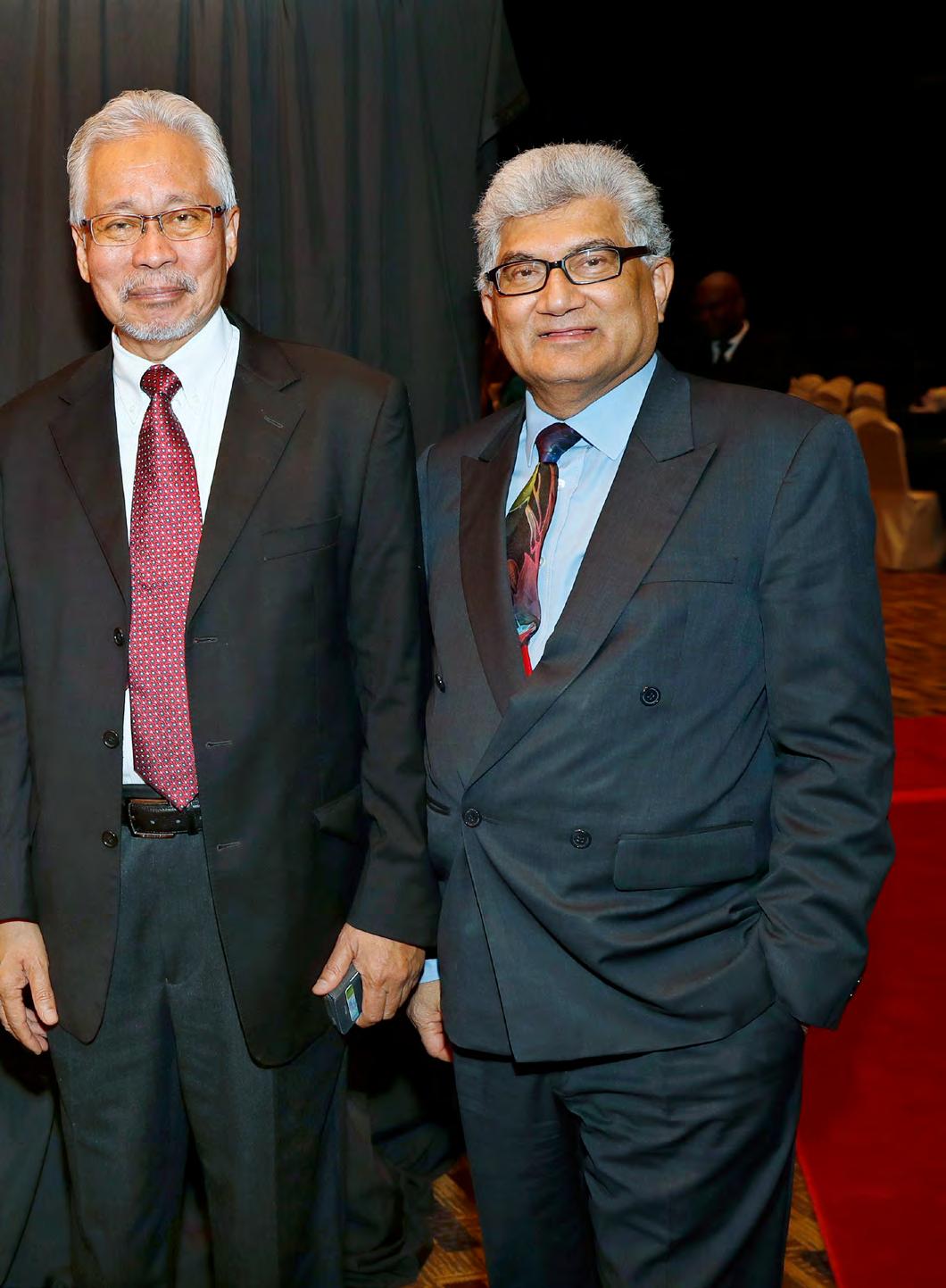












The Sun, 2 October 2018


SC sees new growth avenues








• September 2022
Below is the speech on sustainability and and capital market innovation delivered in the UK by Datuk Zainal Izlan Zainal Abidin, Deputy Chief Executive, Securities Commission Malaysia.
“Assalamualaikum and Good morning, ladies and gentlemen,
It is great to be back in London for the IFN UK Forum. It is my pleasure to be able to deliver my remarks in person today and at the same time, to see some familiar faces in the room.
Firstly, I would like to thank the organisers for inviting me to share recent developments in Islamic finance in Malaysia, particularly in the Islamic capital market.
Based on the Islamic Financial Services Industry Stability Report 2022 by the Islamic Financial Services Board, the estimated size of global Islamic financial assets in 2021 was USD 3.06 trillion, an 11.3% year-on-year growth. Within the overall industry, the rate of growth of Islamic capital market was almost twice that of Islamic banking.
While size is an important measure of growth, qualitative aspects including the ability to continuously meet the needs of market participants reflect the more fundamental strength of the industry. In this regard, for Islamic finance to remain relevant, innovation must continue to be a key driver of progress.
The combination of factors in recent years, such as the intensified pursuit of the SDGs and the widespread impact of the COVID-19 pandemic, have recalibrated and refocussed the needs of businesses and individuals, the private and the public sectors, as well as the developed and the emerging markets. These, in turn, have accelerated the opportunities for the financial sector including Islamic finance to contribute towards achieving the desired outcomes.

In line with the theme of today’s Forum, two key areas that can harness these opportunities and enhance the growth potential for Islamic finance are sustainable finance and technology.
It is broadly acknowledged that the underlying principles of sustainable finance and Islamic finance are quite closely aligned. This provides cross leveraging opportunities to benefit from each other’s strengths towards addressing global sustainability issues and achieving the SDGs. Importantly for Islamic finance, such alignment can drive deeper discussions on incorporating the principles of Maqasid al-Shariah into financial products and services. All these opportunities, of course, require stakeholders to innovate in order to generate practical and practicable solutions.
Technology is a key enabler in driving greater breadth and depth in the development of Islamic finance. It enables better cost and operational efficiencies, and enhances access at many levels – access to information, access to investors, access to products, and so on. Technology facilitates the serving of the under-served segments and the cross-border offering of products and services, thus according Islamic finance with significant opportunities.
Ladies and gentlemen,
If I may now share some of the recent developments in the Islamic Capital Market in Malaysia. To set the context, some of you may recall that in 2014 the Securities Commission issued its Sustainable and Responsible Investment (or SRI) Sukuk Framework to develop sukuk as an SRI asset class and facilitate companies to raise financing for their green, social and sustainability projects. This was the first, and a pivotal milestone, in Malaysia’s sustainable finance journey. As of August 2022, 23 corporate issuers have raised financing under the Framework, including the world’s first green sukuk as well as issuances for social purposes such as education and affordable housing.
To broaden the range of Shariah-compliant SRI instruments, in June this year the SC introduced the SRI-linked Sukuk Framework. This Framework aims to facilitate companies including those in hard-to-abate sectors to tap into the capital market to meet their transition finance needs, thus enabling them to speed up their transition towards low-carbon emission activities.
In tandem with the release of the Framework, the SC has also recently expanded its SRI Sukuk and Bond Grant Scheme, which was established in 2018 to assist issuers in defraying up to 90% of the external review costs for SRI Sukuk, to now include SRI-linked sukuk issued under the new Framework.
Furthermore, the SC is working with Bursa Malaysia, the national stock exchange, on establishing a Voluntary Carbon Market (VCM) that will be introduced at the end of this year. The VCM, which is planned to be Shariah-compliant, will enable Malaysian companies to purchase voluntary carbon credits from climate-friendly projects and solutions.
Apart from the voluntary carbon exchange initiative, Bursa Malaysia in 2021 introduced the FTSE4Good Bursa Malaysia Shariah Index to provide investors with Shariah and ESG compliant investment choices. To-date, there are 65 constituents on this index, comprising Shariah-compliant listed companies that have exemplary ESG practices. And just last week, Bursa Malaysia launched the FTSE Bursa Malaysia Top 100 ESG Low Carbon Select Shariah Index to expand its sustainability-related products.
Ladies and gentlemen,
A significant development to drive initial growth in the Islamic social finance space was the launch of the Waqf-Featured Fund Framework in 2020 to facilitate the offering of Islamic funds with Waqf features. This initiative aimed to spur more innovative Shariah-compliant SRI fund products to be introduced in Malaysia and provide investors an opportunity to invest and concurrently contribute towards socially impactful activities that may also support the SDGs.
In the fintech space, the SC has undertaken various initiatives to establish an innovative ecosystem for financial technologies to prosper. In particular, emphasis has been placed on enhancing access to financing and increasing investor participation through digital platforms such as equity crowdfunding, peer-to-peer financing, digital investment management and digital asset exchanges.
In encouraging the development of Islamic fintech, the SC has entered into a collaboration with the United Nations Capital Development Fund (UNCDF) to launch the first regulator-led Islamic fintech accelerator for the Malaysian capital market, known as FIKRA.
FIKRA, which means ‘ideas’, provides a collaborative platform to connect innovative start-ups with the SC, UNCDF mentors, industry experts and investors. The goal is to build a vibrant and well-supported Islamic fintech ecosystem by identifying and scaling innovative fintech solutions.
At its launch in May 2021, a total of 66 applications were received from 15 countries with value propositions addressing the three identified challenge areas, namely new Islamic capital market offerings; access to the Islamic capital market; and technology solutions to integrate traditional Islamic social finance instruments into the capital market.
In promoting greater inclusiveness through Islamic capital market, the SC introduced the Shariah Screening Assessment Toolkit for Unlisted Micro, Small, and Medium Enterprises in 2021 as a guidance in screening the Shariah status of unlisted MSMEs. The Toolkit is intended to spur further growth of the halal economy through wider use of Islamic alternative finance, by facilitating equity crowdfunding and peer to peer financing platform operators to undertake the assessment.
Ladies and gentlemen,
In September last year, the Securities Commission Malaysia launched its third Capital Market Masterplan (CMP3), which serves as a strategic framework for further development of Malaysia’s capital market over a five-year period between 2021 and 2025. In the CMP3, the SC has committed to expanding Islamic capital market offerings to better support the needs of broader stakeholders of the economy and to facilitate the transition to an economy that is sustainable and inclusive.
Looking ahead, social finance and impact investing are potentially new growth avenues for the Islamic capital market. There are opportunities to explore integrating impact assessments with Islamic social finance instruments, which will enable investors to measure the impact of investments in the areas of socio-economic development and economic well-being. Another focus area under the CMP3 is promoting greater adoption of technology in the Islamic capital market. In addition, further study on the application of Maqasid al Shariah in the context of the Islamic capital market will also be explored.
Ladies and gentlemen,
Innovation must continue to be at the heart of the development strategy for Islamic capital market. Furthermore, driving the development of the Islamic capital market through the next phase of growth will require closer collaboration among the various stakeholders. While product and service innovation is key, initiatives to build capacity as well as awareness remain important, including raising awareness that Islamic capital market has universal applicability, and is not just for a limited segment of the market. In this regard, given the substantial amount of funding requirement globally to achieve the SDGs, Islamic capital market can and should play a more significant role as capital can then be mobilised more effectively, efficiently and productively.
On that note, I wish everyone a productive Forum ahead. Thank you.”









October 2012

 By Goh Thean Eu - JULY 29, 2022
By Goh Thean Eu - JULY 29, 2022
A top executive at Malaysia’s securities regulator said the local asset and fund management industry “must ride on the wave” of the sustainable investing trend and launch a wider range of products, including environmental, social and governance funds.
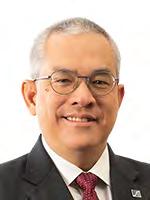 Zainal Izlan Zainal Abidin
Zainal Izlan Zainal Abidin
Citing data from the International Institute for Sustainable Development, Zainal Izlan Zainal Abidin, deputy chief executive of Securities Commission Malaysia, (SC), pointed out that by 2036, as much as US$160 trillion of global assets are expected to be managed under some type of sustainable investing mandate. “The asset and fund management industry in Malaysia must ride on the wave of these trends and ramp up efforts in offering wider range of sustainable investment choices for investors. This includes the introduction of more innovative sustainable funds, focusing on thematic ESG themes, that resonate with investors’ interests and demand,” he said in his keynote address at Asia Asset Management’s 10th Annual Malaysia Roundtable on July 26.
According to Zainal Izlan, the launch of the International Sustainability Standards Board at the United Nations climate conference last November “could not have come at a more pertinent time when markets and asset managers are seeking to accelerate capital allocation toward companies demonstrating credible climate transition pathways”. He said asset managers and asset owners can play a leadership role in driving sustainable investments and fight climate change.
Their actions and decisions can “shape and influence the desired behaviour and instil greater urgency among the investee companies to transition towards low carbon activities and better sustainability practices”, he said.
“As we continue to approach the year 2030, the window of opportunity is closing in on us... We need to act now, to drive sustainability from purpose to action, from aspirational to attainable.”
Malaysia as regional SRI centre
Zainal Izlan noted that sustainable funds are a relatively nascent segment in Malaysian asset management, describing the growth trend as “encouraging”.
The SC issued guidelines on sustainable and responsible investment (SRI) funds in 2018. As of end-2021, 34 SRI funds have been launched with total net asset value of 5.07 billion ringgit ($1.14 billion).
Zainal Izlan said the SC has introduced various initiatives to grow sustainable investing in recent years as part of plans to position Malaysia as a regional SRI centre. The most recent was the launch of the SRI-linked Sukuk Framework on July 1.
“The framework aims to facilitate companies including those in hard-to-abate sectors to tap into the capital market to meet their transition finance needs, thus enabling them to speed up their transition towards low-carbon emission activities,” he said.
The SC is currently developing a principles-based SRI taxonomy which he said will provide greater clarity and guidance to identify related assets or activities. It’s expected to be released by the end of the year.
KL Rat Race 2012

September 2012



Editorial
Corporate Affairs Department
Abdul Jalil Hamid
Mariena Abdul Malek
Rizal Zaidi Zainudin
Zaileen Eileena Hashim

Ahmad Zailan Kassim
Puteri Shazareen Zul Junaidee
DESIGNS BY ARCHITECT

Thinking Eyes
Bazuki Muhammad
‘‘
‘‘
The development of the SRI ecosystem in Malaysia is a key priority for the Securities Commission, in view of the growing relevance of SRI while leveraging on the country’s leadership in the Islamic Capital Market.Datuk Zainal Izlan Zainal Abidin at IFN Asia Forum, May 2018
